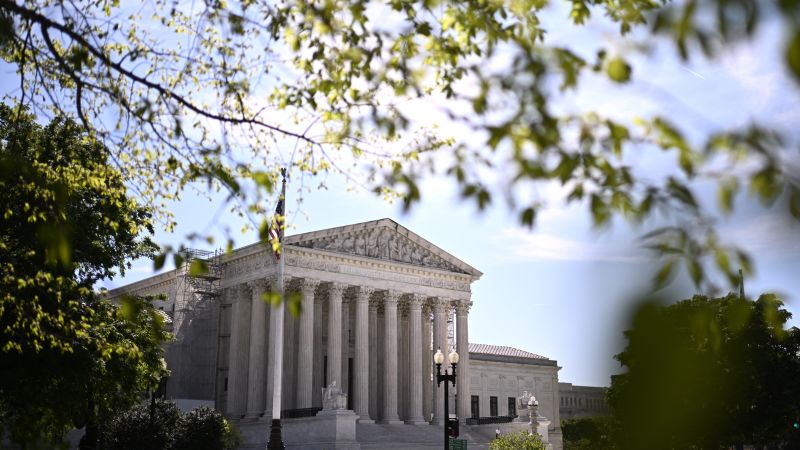The Supreme Court ruled in favor of the Consumer Financial Protection Bureau, allowing it to continue operating in its current form. The ruling, written by Justice Clarence Thomas in a 7-2 decision, was a victory for the Biden administration, which argued that invalidating the bureau’s funding would jeopardize consumer-friendly banking regulations. The bureau was created in 2010 to protect consumers from financial scams, with Republicans expressing skepticism about the agency due to its origins with Senator Elizabeth Warren.
Payday lending groups had sued over a 2017 bureau rule that limited withdrawal attempts from accounts after consecutive failures, subjecting borrowers to extra fees. While most of the industry’s claims had failed in lower courts, the 5th US Circuit of Appeals accepted one claim that the agency’s funding violated the principle that Congress alone has the power of the purse. The ruling by the conservative appeals court led to the bureau’s funding being questioned, ultimately leading to the Supreme Court taking up the case in 2022. Congress specified that the bureau received funding from the Federal Reserve system’s earnings and had an independence structure to protect it from political influence.
The Supreme Court’s ruling was seen as a repudiation of the 5th Circuit of Appeals’ opinion, with the court not endorsing the novel constitutional theory put forth by the lower court. CNN Supreme Court analyst Steve Vladeck characterized the decision as a significant rejection of the 5th Circuit’s views, suggesting that the court is too far to the right for even the Supreme Court. In dissent, Justice Samuel Alito argued that the majority’s opinion gave excessive financial autonomy to the agency, raising concerns about the agency’s ability to operate with limited oversight.
The ruling comes after a previous Supreme Court decision against the bureau during the Trump administration, where the court found that the bureau’s leadership structure violated the principle of separation of powers. The limitation on the president’s ability to remove the director was intended to shield the agency from partisan politics. The outcome of the case marks a significant victory for the bureau and the Biden administration, ensuring the agency’s continued operation and upholding consumer-friendly banking regulations. The court’s decision affirms the bureau’s independence and serves as a check on potential challenges to its funding structure in the future.


